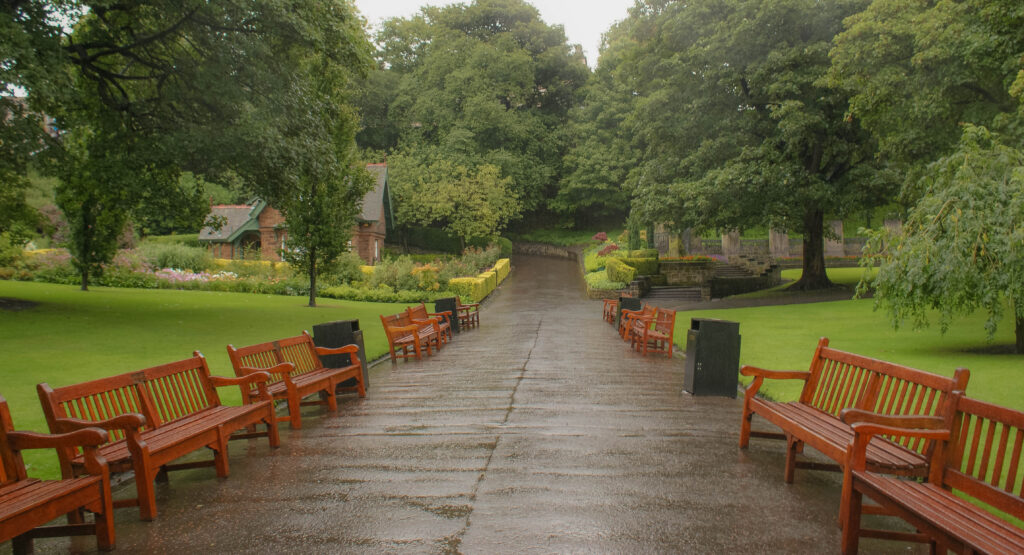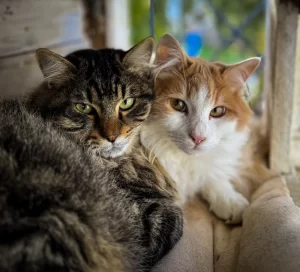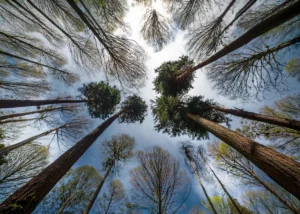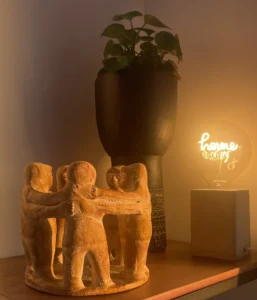Are we becoming more introverts as we age?
Growing up, I was always known as the quiet one. I stayed away from the spotlight, preferred to observe, and tried to understand how differently we all define the idea of “having a good time.” I was never a party person—and honestly, no one could ever convince me that going to a party would be more fun than staying home.
I had friends who went out to clubs and parties, even with large groups of people they barely knew. They always seemed to have a great time, and I wasn’t the least bit jealous. I just never understood it. How can anyone enjoy themselves in a crowded club with music so loud you can’t even have a conversation?
However, as I got older, I started noticing something interesting. Many of my friends—those who used to be super outgoing and always up for a night out—began to change. They started turning down invitations and preferred staying in. Their circle of friends got smaller. Nights out were replaced by nights in.
And it made me wonder… are they becoming like me?
Do we become less extroverted and more introverted as we grow up? Or is it something else?
Maybe It’s Not About Labels
I used to think we were either one or the other—introvert or extrovert and we act accordingly. However, I have seen introverts becoming “extroverts” under certain conditions. And I have seen extroverts pursuing quitter moments and avoiding social interactions. So it got me wondering, what if it’s less about changing who we are and more about getting closer to what we actually need?
As an introvert myself, when I was younger, I didn’t follow the crowd—not because I was shy or unsure, but because I genuinely preferred my peace and quiet. That wasn’t something I grew into; it was already part of who I was. For extroverts, what I’ve come to believe is that many people don’t necessarily become introverts as they age, but they grow tired of constantly “performing”. When you’re younger, there’s more pressure to be everywhere, do everything, and be seen. Eventually, many of us reach a point where we stop chasing that energy and start choosing what actually feels good. And for some, that means slowing down, staying in, or simply saying no without guilt.

Energy Becomes a Factor
There’s also something to be said about energy. Socializing can be fun—but it can also be draining, especially when it’s in environments that don’t feel natural to us anymore. I’ve noticed that many people, even those who were once extremely outgoing, start choosing how and with whom they spend their energy more carefully.
They’d rather have dinner with one or two close friends than shout over music in a room full of strangers. It’s not necessarily that they’ve become introverts—it’s just that they’ve grown more intentional.
Alone Time Starts to Feel Like a Gift
One of the most noticeable shifts I’ve observed—at least for some people—is how their relationship with alone time evolves. What was once something to avoid or fill with constant stimulation gradually becomes something entirely different.
As life grows more demanding—with work pressures, family obligations, and endless responsibilities competing for attention—those quiet moments transform into something precious. They become a chance to reset, a rare space where you can finally hear your own thoughts.
I’ve watched people who once kept their calendars completely full begin to crave slower weekends. Others develop an appreciation for simple routines or just a few moments of stillness. This isn’t necessarily about becoming introverted—it’s about learning to value true rest, uninterrupted presence, and time that belongs solely to you.
It’s Not That We Change—It’s That We Learn
“I used to say ‘yes’ to every invitation out of obligation,” a friend told me recently. “Now I say ‘no’ out of self-respect.”
For some of us, there comes a quiet realization about socializing in adulthood. In a world saturated with digital connections and surface-level interactions, certain people find themselves drawn to a different quality of presence. It’s not that gatherings lose their appeal – rather, what we seek from them changes.
Take my colleague who once measured a good night by how many parties she attended. Now she carefully selects a few dinners each month where the focus isn’t on how much wine flows, but on how conversations unfold – where people put down their phones and actually listen. Others I know have replaced crowded bars with early morning walks where a single meaningful conversation sets the tone for their day.
This isn’t universal, nor is it better or worse than how anyone else socializes. But for those who experience it, there’s a profound shift: from collecting contacts to cultivating connections, from being everywhere to being fully somewhere. The modern world gives us endless ways to connect – some people simply become more intentional about which ones truly feed their soul.
So… Are We Becoming Introverts?
Maybe. Or maybe we’re just becoming more ourselves.
And maybe the question isn’t whether we’re changing from extroverts to introverts—but whether we’re finally giving ourselves permission to stop pretending and start showing up in ways that feel real.
Whatever the case, I’ve learned that there’s no right way to be social, no ideal version of “fun,” and no single definition of connection. The most important thing is finding what feels right—and letting that evolve, just like we do.









